Will H. Moore had a kind of personality that is best described by the phrase: "down for whatever". For those that don't know, this is defined brilliantly by the "urban dictionary" below:
down for whatever
Ready and willing to participate in most any activity. If said by your homie it implies that he is ready to have a good time in any situation.
That was how Will and I interacted with one another. Sometimes, Will would set it off and I would be like "Let's do it!". Sometimes, I would set it off and Will would be like "how do we start?" Some of these efforts never got off the ground, but they were still fascinating to imagine. Some were partially successful and incredible to try. Some failed miserably but were fun to attempt. Some were more successful than we could have possibly imagined and these were just heavenly or the urban/funkier version of that (Mo' Betta Hevnly).
In my new series, I am going to explore Will, Willness (or, Mooreing) and my interaction with him. These adventures are useful to put out there because it is soothing to remember them now and because they not only tell us something about the type of human that he is but also the type of humans, situations and social science that he helped create - these were connected in his mind. Most of these are not on either of our vitaes - we just did them in an effort to start something, try something, create some resource for ourselves and others.
At its core, the adventures represent some bizarre mashup that is part buddy film, part travel story, part Mindwalk and part bromance set over 25 years. To help me tell these stories, I will use film, music, literature and perhaps a drawing or painting or two.
The Non-Existent Online Lynching Memorial
One day I got a call from Will: “Yo CD,” he began, “what’s up with this lynching stuff?”
All I could think was that someone had been lynched and he wanted to do something about it, which would have been more than acceptable and very much Will/Mooreing. The year would have been about 1999. I had just moved to the University of Maryland to run Minorities at Risk (MAR) and co-directing Polity (You have to look real hard at the supporting documentation to see my involvement). As a result of these activities, Will and I had started chatting a bit more frequently.
The interaction started somewhat by accident. I was previously at the University of Colorado – Boulder with what Will had described as his “dream job”. He went to UC-Boulder for grad school and would have loved to return. No one seems to do that accept a few select Ivys and thus he was not able to do that one. Maryland was a different matter or, at least, it should have been. Indeed, when I first saw the ad for the job, I did not even apply – imagining that it could only have been for Will. Ted Gurr was behind the hire and Will was one of his favorite students. The job seemed to involve direct engagement with MAR and Polity – databases that Will had significant familiarity with. It seemed like a lock.
Well, it was not. For a variety of reasons, I was told, Will was not going to be pursued for the position (something about desiring someone with both quantitative as well as qualitative skills) and after talking with Will about it, he said that I should go for it, which I did. I ended up getting the position but it was a mixed bag. While invited in on two great projects, I was also asked (after I arrived) to generate a decent amount of funds for the project and I was expected to not change very much. Great!
After getting more familiar with the data, I realized that some things needed to change. For example, I concluded that there were way too many variables being coded for MAR and that we should cut back, which would allow the funds that we had to go much further. With Scott Bennett, I tried to make the database more user-friendly with a “Eugene-esque” data interface (MARgene). I tried to counter the myth/perception of data problems by bringing on to the board most of the people who were criticizing the project. Finally, I thought that the government-ethnic group dyads were useful but that we should try to spatially disaggregate the relevant behavior by looking at variation within cases – socalled “Micro-MAR”. The powers that be did not like my ideas and I decided to leave the project – artistic differences.
Will talked me through most of this and we were basically talking every day for a few weeks when one day he calls me up to say: “what’s up with this lynching stuff?” (the opening of the blog). This was not totally out of the blue but rather it harked back to an earlier conversation that we had where I talked about pitching an installation to the then imagined but not yet realized Smithsonian African American museum. I came up with the following, which he modified for me:
With respect to the overall exhibit, I am imagining a corner of a larger room in the museum with two walls built, say 15 feet* from the corner down each wall, at right angles to the walls. This would form a box, except that the two walls jutting from the larger walls that form the room are only 10 feet in length: the box has an opening. The physical three dimensional piece of art draws visitors into the space. On each of the four walls hangs one (or more) interactive "touch screen table top" computer(s).
* These dimensions are not serious---they are just place holders for now.
*******************
In addition to the interactive computer screen(s) the exhibit will also require a physical three dimensional piece of art to draw visitors toward the wall(s) housing the computer screen(s). The piece must be one that will draw visitors interest, inviting them into the exhibit space. Rather than dictate the design or even the parameters of the piece we prefer to open it to the artistic community and propose an open call where artists will submit a proposal. We envision a first round where proposals are vetted and then a set of finalists are selected to submit fully developed proposals. Other than the requirement that the piece by a physical, three dimensional piece of art addressing "lynching and the black experience in America"** and capable of being placed within whatever spatial limits are decided for the exhibit.
** This is a placeholder phrase.
I had forgotten about this installation idea as the museum had me pitch to them and then never contacted me back (still haven’t heard from them or seen what they came up with). Will brought me back to the topic with his question about lynching though. I responded, “what do you mean, what is up with it? What happened at the museum? Why does lynching occur? Who does it? What?”
“Well,” he responded, “I figured that nothing happened with the museum but it was more on the issue of why is there little to no remembrance of these activities? How come there is no place where we can go to remember what happened? How come there is no plaque or something at the different locales?”
“Brother,” I said, “I have no idea. Maybe people just don’t know or maybe folks want to forget.”
“Could be,” he came back but (without missing a beat) he said: “we should do something about that. I looked for some information but did not see anything. You take a shot.”
And with that, the conversation ended and I went to try and find out what was there. I was familiar with some of the literature already – most notably Stewart Tolnay and E.M. Beck’s book “A Festival of Violence”. Most analyses were reliant upon their data and thus I started there.
Second, I went to E. M. (Woody) Beck personally to ask him for it. He sent it within a few days of the inquiry which was great. He sent me a txt file that looked like below:
State State Month Day Year FIPS Race Gender Offense Race of Vic
AL 41 09 09 1927 001 1 1 1 .
AL 41 07 08 1904 003 1 1 1 .
AL 41 03 09 1883 005 1 1 1 .
AL 41 04 08 1887 005 1 1 1 .
AL 41 07 20 1888 005 1 1 1 .
AL 41 01 03 1902 005 1 1 1 .
AL 41 06 12 1903 005 1 1 1 .
AL 41 06 29 1905 005 1 1 1 .
AL 41 08 23 1929 005 1 1 1 .
AL 41 08 04 1899 007 1 1 1 .
AL 41 04 24 1903 007 1 1 1 .
AL 41 08 13 1910 007 1 1 1 .
Damnit, I thought: “I needed a codebook”, which I then bothered him about. I cannot remember if I ever got one but whatever we had enough to begin.
Somewhat odd, across several requests, Woody would not give me the independent variables (i.e., the variables that he used to explain lynchings). I think he said that he did not “feel comfortable” giving those to me. I remember at the time wondering why he wouldn't give them over. I was like: “the data are publicly available and I could put them together”. Why not just save me some time and let me get to analyzing stuff. He evidently had no interest in that and I let that go. Years later, Bogdan Vasi does something similar to me about anti-Patriot Act resolutions and Chris Uggens and Jeff Manza do this to me for a while with their Felon Disenfranchisement data. I wrote this off as a sociology thing and ran with what I had. We now had some lynching data. We would try to change the culture in sociology to remind them that sharing was not only caring but it was essential to social science. Indeed, we concluded that until sociologists made their data available, we would not really consider the work legit but that is a different story.
I hit Will back and I’m like: “Yo, man – Woody Beck hooked us up. We have some data. What now?”
He was like: “Well, I have no idea. That’s as far as I got.”
We laughed. “Ok then,” I said, “lets go from there.” “What could be done?”
“Hmmmmmm,” he continued, "lets put together some graphs - to get started".
Later, I came up with versions of the following:
First Will chimed in:
“perhaps we can create some kind of virtual mapping of where lynchings took place. I imagine a video depicting annual global map of change over time in US military bases. GIS and mapping.
Have you seen this video map of nuclear explosions? http://www.youtube.com/watch?v=LLCF7vPanrY
Or this one: 1,000 years of war battles in 5 minutes? http://www.youtube.com/watch?v=1hsDn2kNriI.
Actually, we should create a movie like these for the lynching project.”
We stalled though because neither of us knew how to make movies and we were not easily able to find someone with the skill set or the time.
Later, trying to get us started again, Will hit me with another suggestion:
“Yo CD, this map isn't aesthetically very appealing, and at the state level instead of maps he has lists of locations, but it gives some vague sense of what I have in mind.”
http://sundown.afro.illinois.edu/content.php?file=sundowntowns-whitemap.html
We started to geocode the map but got stalled by some journal revise and resubmits. Again, progress got delayed.
Later still (in 2005), after I got some senior volunteers in some class I was teaching who were interested in trying to do something on the topic, Will shot me another idea:
“Yo CD, how about this for getting the two volunteers started: we ask them to surf the web and catalog useful web pages (and sites) that we will want to link to and reference in our project. We can ask them to create a document that lists the title and URL of the page/site, and then have them write a brief (1-4 sentence) description of what can be found there.”
The students began with some excitement (the gift of youth) but they did not work out. Once the information became a little bit too difficult to identify, they lost focus (sometimes the curse of youth). We also concluded that we needed to not run with seniors because they were winding down; nor freshman because they were just winding up. We needed to hit the students right in the “sweet spot” of the middle years – two blissful years in between the others.
Even later, we tried again with a pitch to the fabulous undergraduate research opportunity program at our respective institutions. To recruit, we came up with the following description:
Hi, we are looking for ugrads who are interested in the rule of law who would like to help build a website that targets the general public and K-12 students and documents the history of lynching in the US using the Beck & Tolnay database (originally assembled by the Southern Poverty Law Center). The design of the website is to be determined by the team, but a (the?) centerpiece will be a map of the 48 contiguous US states that permit visitors to click on a state and "drill down" to a state map that has icons which represent each lynching event. Those icons will be hyperlinks which will lead to a page that documents the case (including links to additional relevant information about the case). The information on these pages will meet scholarly standards of documentation. The project will be staffed by students belonging to one or more of the following teams. Beyond the map, design of the site is to be determined. We will want to, at minimum, include information about the history of lynching, and we will want that developed for different audiences (perhaps even going as far as to think about "School House Rock" type presentations for grades K-2, and so on). The team could consider creating space where visitors could leave comments, post art they created in response to their visit to the site, and so on. Lots, and lots, and lots of possibilities here.
* Web design team (web programming experience required)
* Database management team (database experience required)
* Historical research and documentation team (no experience required)
* Site launch and marketing team (no experience required)
We set it up, they do it. Let's go!
With this effort, we got a few takers but no one that stuck with it. Additionally, neither one of us had the time/energy to put into it because the topic sat at the periphery of our primary research agendas and that primary agenda was about to get something of a shot in the arm with 9/11.
Some efforts did inevitably move in the direction we tried to push forward: here, here and here. The first link even developed a cool map:
None of these efforts however were exactly what we had in mind but they all raised the topic to a certain level of awareness and that was what we wanted to do. Truth be told (or rather continued) Will was essential for getting us to move on this topic because he knew that I was somewhat hesitant about exploring the part of my research agenda that concerned black folk. One of our longer-term discussions concerned how African American topics were dealt with in the discipline. It is my contention that outside of specific areas anything with African Americans in it is somewhat left isolated/neglected. Quite frequently, I argue(d) that studying black folks results in work being viewed as less theoretical, less relevant to any other group and not worth citing.
Agreeing with the general premise but disagreeing with not pursuing the research, Will pushed me to see that I needed to pursue my African American research agenda and that even if the work was not cited or referred to, that it would still contribute to understanding, later citations and, most importantly, some justice for the victims. With this encouragement, I began looking more comprehensively at all the violence directed against African Americans, from the founding of the nation to the present - something I used to call "Strange Fruit, Stranger Tree". To this day, I am still putting together data on this topic. It begins with an analysis of rape and sexual predation during slavery (at the county level), which I am finally getting started on.
Now, some might find it odd that Will (a very white man) would push me (a very black man) to study lynching but he seemed to acknowledge that African Americans were dealt a horrible wrong during the period of lynching and believed that something/anything needed to be done about it. Will was not only generally right and an occasional pain in the butt but he was also one for pushing for social justice in any way that he could. With regard to lynching, Will took the lead. Following 9/11, I would.
Next up: 9/11, The Puzzle of Abu Ghraib and Studying Torture
For additional reading:
Pfeifer, Michael J. "At the Hands of Parties Unknown? The State of the Field of Lynching Scholarship." Journal of American History 101.3 (2014): 832-846.
Stovel, Katherine. "Local sequential patterns: The structure of lynching in the Deep South, 1882–1930." Social Forces 79.3 (2001): 843-880.
Barnard, Amii Larkin. "Application of critical race feminism to the anti-lynching movement: Black women's fight against race and gender ideology, 1892-1920, the." UCLA Women's LJ 3 (1993): 1.
Delgado, Richard. "The law of the noose: A history of Latino lynching." Harvard Civil Rights-Civil Liberties Law Review (CR-CL) 44 (2009).
Beck, E. M., Stewart E. Tolnay, and Amy Kate Bailey. "Contested Terrain: The State versus Threatened Lynch Mob Violence 1." American Journal of Sociology 121.6 (2016): 1856-1884.
Ifill, Sherrilyn A. "Creating a Truth and Reconciliation Commission for Lynching." Law & Ineq. 21 (2003): 263.
Franzosi, Roberto, Gianluca De Fazio, and Stefania Vicari. "Ways of Measuring Agency An Application of Quantitative Narrative Analysis to Lynchings in Georgia (1875–1930)." Sociological Methodology 42.1 (2012): 1-42.
Park, Marlene. "Lynching and Antilynching: Art and Politics in the 1930s." Prospects 18 (1993): 311-365.
Petersen, Nick, and Geoff Ward. "The transmission of historical racial violence: Lynching, civil rights–era terror, and contemporary interracial homicide." Race and Justice (2015): 2153368714567577.
Smångs, Mattias. "Doing Violence, Making Race: Southern Lynching and White Racial Group Formation 1." American journal of sociology 121.5 (2016): 1329-1374.
Baker, David Victor. "Female Lynchings in the United States Amending the Historical Record." Race and Justice 2.4 (2012): 356-391.
Hagen, Ryan, Kinga Makovi, and Peter Bearman. "The influence of political dynamics on southern lynch mob formation and lethality." Social forces(2013): sot093.
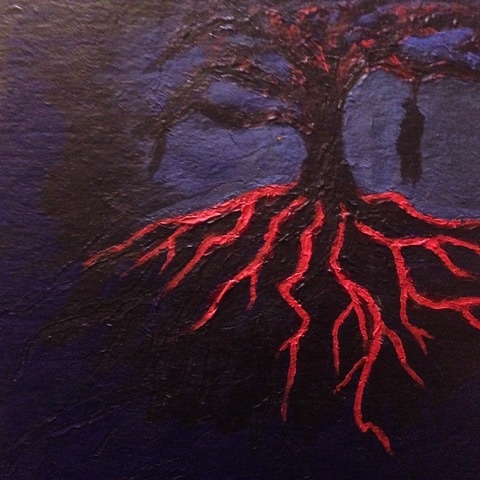
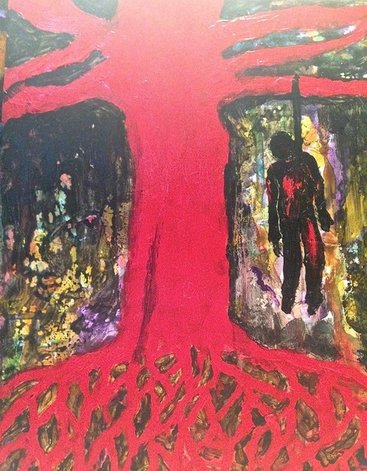
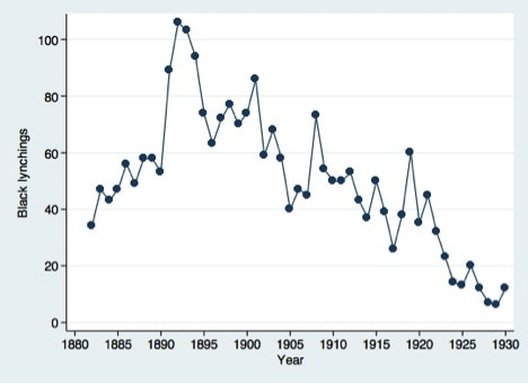
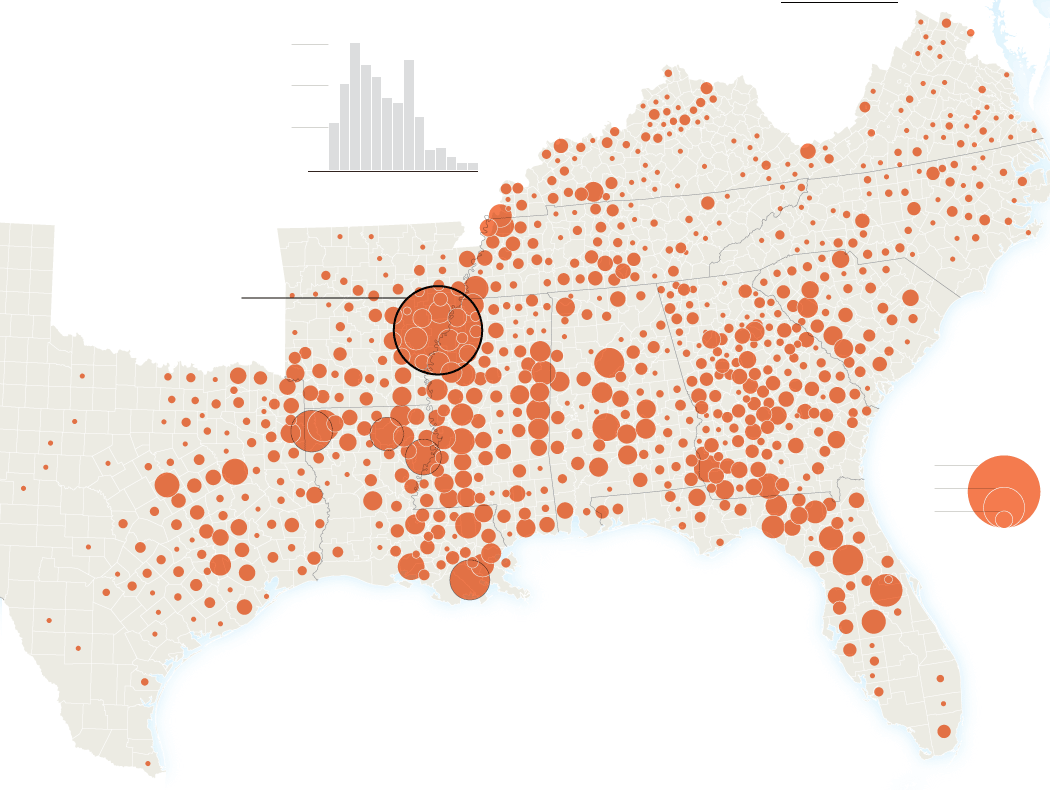
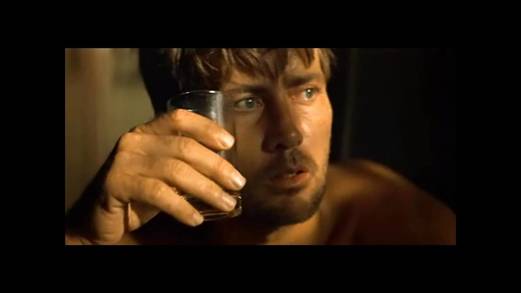
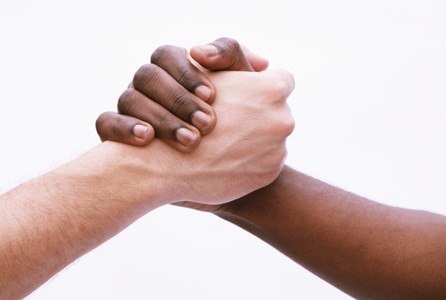
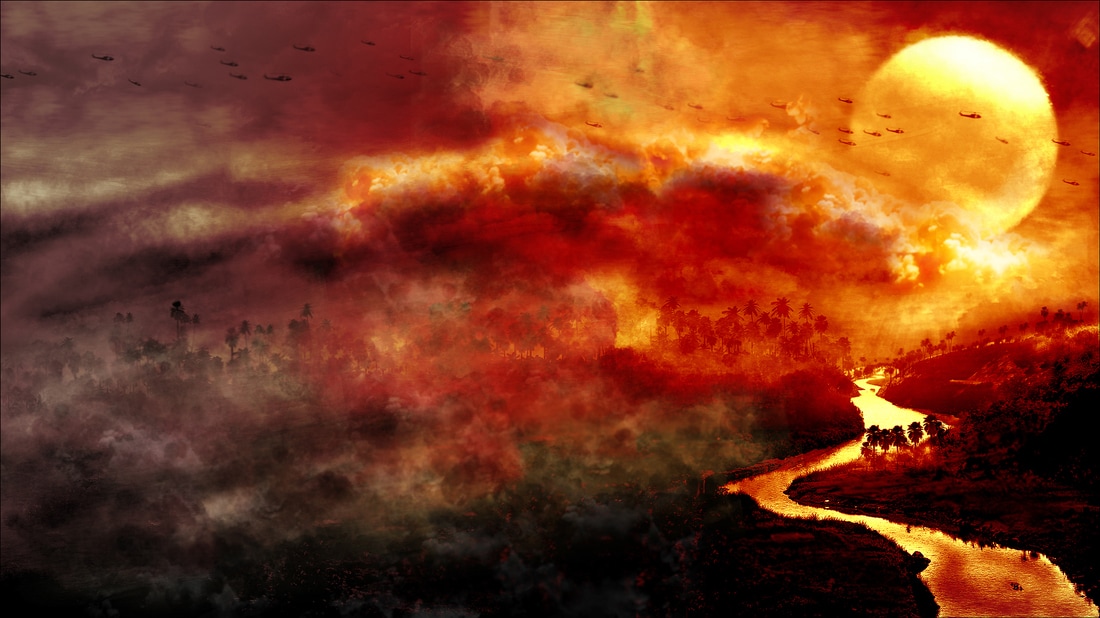
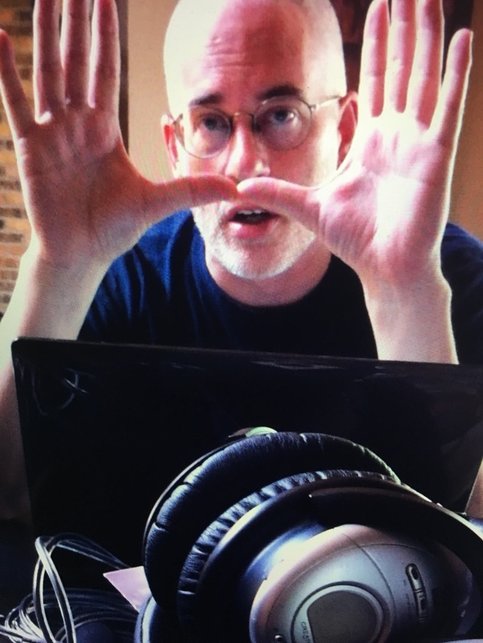
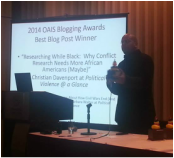
 RSS Feed
RSS Feed
